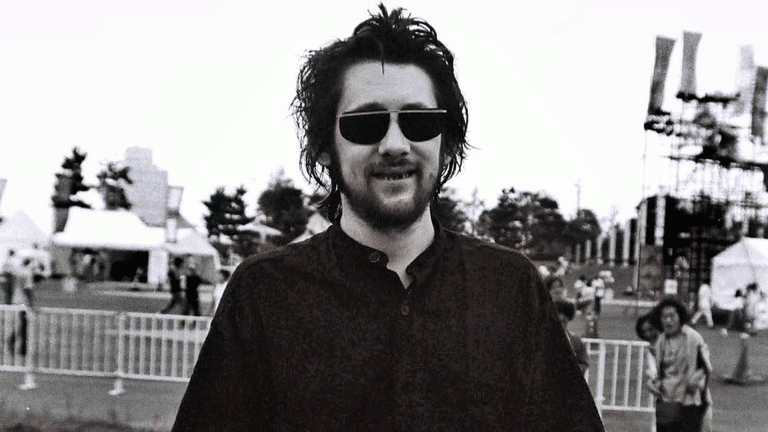“Why not focus on real problems, like availability of disabled toilets?” “Can’t disabled people just bulk buy plastic straws?” “I’m pretty sure this isn’t some ‘anti-equality agenda’. And anyway, what did disabled people do before plastic straws?” These are just some of the comments we’ve had since our campaign group One in Five wrote to Kate Forbes MSP, asking that the #finalstraw campaign – forcing businesses and public transport providers to cease provision of reusable plastic straws – be paused.
First, let me say that I support all efforts to reduce and stop the use of non-recyclable plastic, of all sorts, including straws (which I rely on to drink). However, as with all policy, this has to be done in a way that both serves to protect our environment for future generations and does not disproportionately affect disabled people. A solution that is greener, and fairer, is possible.
The problem is that straws have disappeared from cafes, bars, pubs, restaurants and the like, almost overnight. Many have no alternatives on offer and of the ones which do, many are unsuitable. Paper straws can’t be used for hot drinks, they disintegrate and they become soggy, and this can be a risk of choking. Metal straws are dangerous for people who have difficulty controlling their bite – and of course they can heat up to high temperatures in hot drinks. Paper and metal straws are also inflexible, which can be difficult for some people, depending on their impairment, and can make it easier to spill drinks. Reusable straws in public places are not hygienic – we’ve all seen the chewed, teeth marked reusable plastic straw: yum, enjoy your drink!
Lastly, bulk buying them to carry around is passing yet another cost onto disabled people, and is not suitable if you accept that society bears a responsibility to make the world accessible for disabled people.
What this means is that not only do we have to deal with ‘real problems’ like access or availability of toilets, but now we can’t have a drink in public, in a convenient and dignified way. I can see how the issue of straws can seem insignificant, especially when you consider the serious and consistent breaches of disabled people’s human rights that persist. However, for many this could be the straw that breaks the camel’s back; in a life that is already full of discrimination and inconvenience, this is yet another hurdle.
One in Five’s aim is not to derail efforts to remove plastic straws, but to simply ask that whilst suitable, bio-degradable alternatives are sought, the common plastic straw is still available for those who need them.









